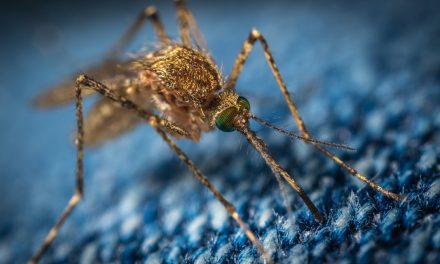In mid-August, an unnamed woman in her 70s sought medical care in a Reno hospital for what turned out to be carbapenem-resistant enterobacteriaceae. CRE are bacteria normally found in the gut that have developed resistance to the class of antibiotics called carbapenems, a last-line of defense for when other antibiotics fail.
While she isn’t the first person in the US to be infected with pan-resistant bacteria, it is not common and it should worry us. Stories like this should be taken seriously by the medical community because they highlight our need for another solution.
From the article:
“The case involved a woman who had spent considerable time in India, where multi-drug-resistant bacteria are more common than they are in the US. She had broken her right femur — the big bone in the thigh — while in India a couple of years back. She later developed a bone infection in her femur and her hip and was hospitalized a number of times in India in the two years that followed. Her last admission to a hospital in India was in June of last year.
In the woman’s case, the specific bacteria attacking her was called Klebsiella pneumoniae, a bug that often causes of urinary tract infections.”
While tested at the hospital her infection was found to be resistance to the 14 drug options the hospital had so they sent a sample to the CDC. Their testing revealed that nothing available to US doctors would have cured her infection. In fact, the superbug, which had spread throughout her system, would end up able to fend off 26 different antibiotics.
In a report published last year, experts warned that a superbug could kill 10 million a year by 2050 if left unchecked. To further highlight this, the UN General Assembly had a high-level meeting in September on antibiotic resistance.
We will watch this story and keep you updated. Thankfully the Nevada woman was cared for in isolation and the staff who treated her used “infection control precautions to prevent spread of the superbug” at the hospital. Testing has been done since her death to look for additional infections but thus far nothing has been detected.
Source: StatNews












